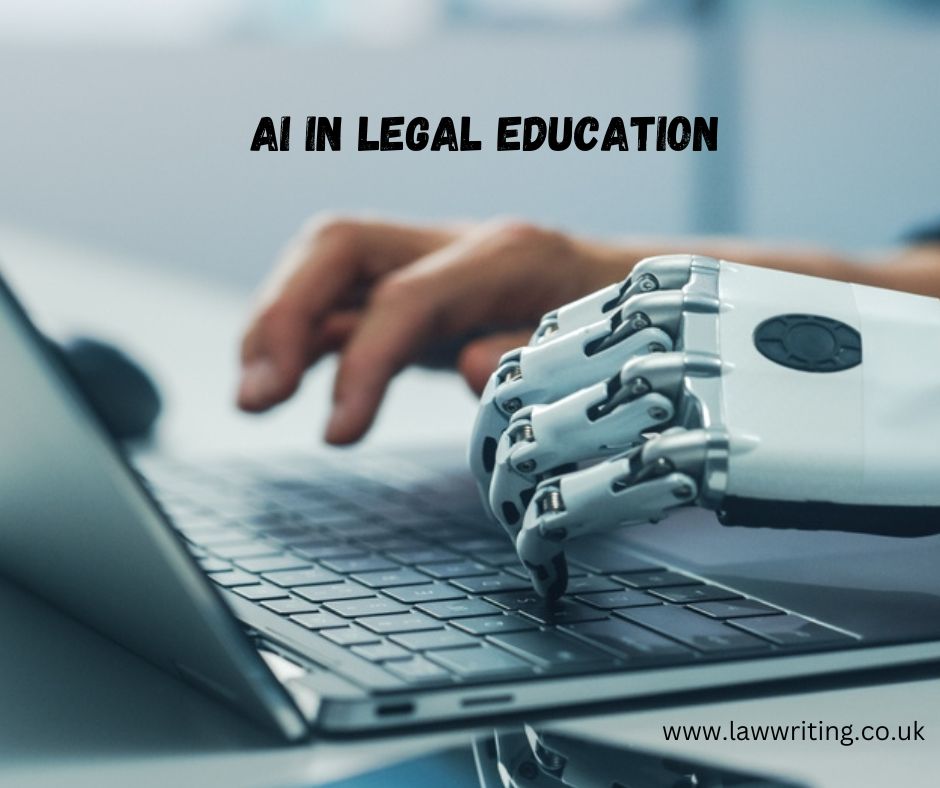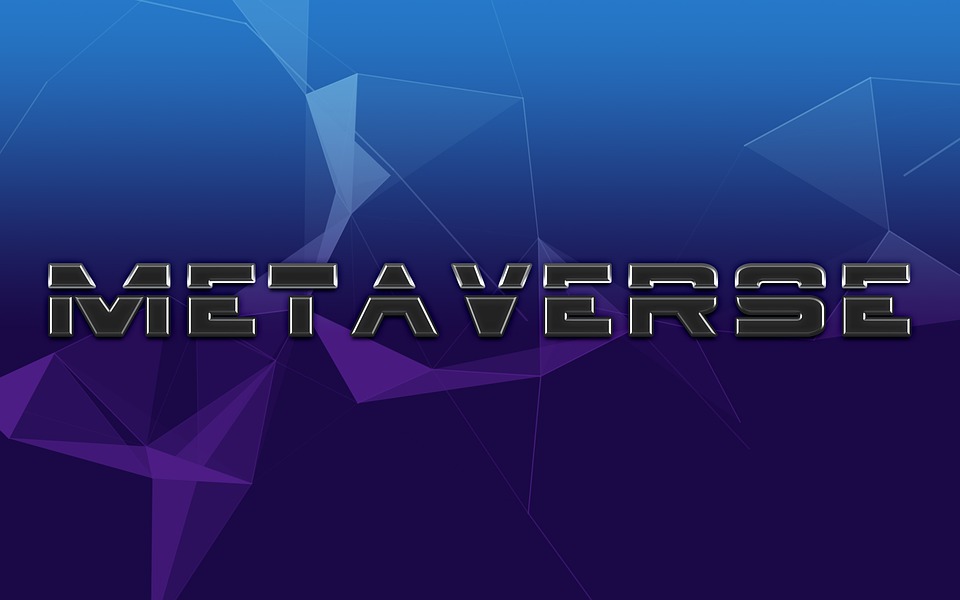Education
The Impact of AI in Legal Education
by Author
-
Monday, September 25, 2023
231 Views
In the ever-evolving landscape of education, technology has become an invaluable ally. Artificial Intelligence (AI), in particular, has been a game-changer in various sectors, and legal education is no exception. From revolutionizing research to enhancing teaching methods, AI has left an indelible mark on how law students learn and prepare for their future careers. In this article, we’ll delve into the profound impact of AI in legal education, exploring its benefits, challenges, and the transformation it has brought to this esteemed field.
The AI-Powered Legal Research Revolution
One of the most significant contributions of AI to legal education is its role in legal research. Traditionally, law students and professionals spent hours poring over volumes of legal texts and cases to find relevant information. AI-powered legal research tools have changed the game entirely. These tools utilize natural language processing and machine learning algorithms to sift through vast databases of legal documents, enabling students to find precise answers to their questions in a matter of seconds.
For instance, platforms like ROSS and LexisNexis harness AI to offer intelligent search functionalities, helping students and legal practitioners locate relevant case law, statutes, and legal articles swiftly. This not only saves time but also empowers learners to delve deeper into complex legal topics, enhancing their overall understanding.
Personalized Learning and Adaptive Feedback
AI has ushered in a new era of personalized learning in legal education. Through AI-driven platforms and applications, students receive tailored content and law assignment writing service Online based on their individual progress and learning styles. These systems adapt to each student’s strengths and weaknesses, providing targeted exercises and assessments to optimize their learning experience.
Moreover, AI-powered educational platforms can offer instant feedback on assignments, highlighting areas where students may need improvement. This immediate and constructive feedback loop not only accelerates learning but also fosters a growth mindset among students, encouraging them to embrace challenges and improve continuously.
Breaking Down Language Barriers
Legal education often requires students to grapple with complex legal terminology and documents. AI-powered language translation and interpretation tools have become indispensable for students from diverse linguistic backgrounds. These tools can translate legal texts, documents, and even courtroom proceedings in real-time, ensuring that language barriers do not hinder a student’s understanding of crucial legal concepts.
Enhanced Classroom Experience with Chatbots
AI-driven chatbots are becoming a common sight in virtual classrooms. These chatbots assist students by answering questions, providing clarifications, and guiding them through course materials. They offer a 24/7 support system, ensuring that students have access to assistance whenever they need it. Chatbots also gather data on common student inquiries, helping educators identify areas where additional support or clarification may be necessary.
AI in Assessment and Grading
The evaluation of assignments and exams is an integral part of legal education. AI has stepped in to streamline this process. Essay-grading AI tools use machine learning algorithms to assess written assignments, providing objective and consistent grading. This not only reduces the workload for educators but also ensures fair and impartial evaluation.
However, the use of AI in grading has sparked debates about the potential for biases in algorithms. It’s essential to strike a balance between automation and human review to maintain the integrity of assessments.
Challenges and Ethical Considerations
While AI offers numerous benefits in legal education, it also presents challenges and ethical considerations. One primary concern is the potential for job displacement. As AI systems become more adept at legal research and analysis, there is a fear that some traditional legal roles, such as legal researchers, may face redundancy.
Another issue is data privacy and security. AI systems rely on vast amounts of data, including legal documents and student information. Safeguarding this data against breaches and ensuring compliance with privacy regulations is paramount.
The Human Element in Legal Education
Despite the advancements in AI, the human element remains crucial in legal education. While AI can assist in research, offer personalized learning experiences, and streamline administrative tasks, it cannot replace the critical thinking, ethical reasoning, and advocacy skills that are the cornerstone of legal practice.
Incorporating AI effectively into legal education means finding the right balance between automation and the preservation of the human touch. AI should be a tool that augments and empowers legal learners and educators, rather than a substitute for their expertise.
Conclusion
The impact of AI in legal education is undeniable. From transforming legal research to personalizing learning experiences and breaking down language barriers, AI has enriched the educational journey for law students. However, it also poses challenges and ethical considerations that must be addressed responsibly.
As we move forward, it’s essential to leverage AI’s capabilities while preserving the core values of legal education. The synergy between technology and human expertise has the potential to redefine the legal profession, producing a new generation of legal professionals who are not only well-versed in the law but also adept at harnessing the power of AI to achieve justice and excellence.






